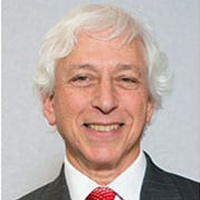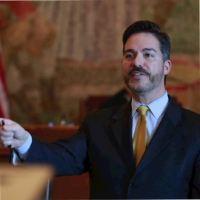New Milford Misdemeanor Lawyer, New Jersey
Sponsored Law Firm
-
 x
x

Click For More Info:
-
Francis P. Crotty Esq.
103 Sterling Dr Franklin Lakes, NJ 07417» view mapCriminal Defense Experience You Can Trust
Let Francis P. Crotty Esq. handle all of your criminal defense legal matters today.
201-294-6462
Lindsay A. Bernstein
✓ VERIFIEDI am an experienced attorney in New Jersey with substantial experience in municipal court handling traffic matters and criminal cases. I work hand in ... (more)
Joel Bacher
✓ VERIFIEDThe Law Office of Joel M. Bacher, is located in Wayne, New Jersey. For over 40 years, I have been providing legal counsel to individuals and small bus... (more)
Albert Cernadas
✓ VERIFIEDAlbert Cernadas Jr. is the former First Assistant Prosecutor of Union County and Certified by the Supreme Court of New Jersey as a Criminal Attorney. ... (more)
FREE CONSULTATION
CONTACTAnthony John Van Zwaren
FREE CONSULTATION
CONTACTAdam Seidner
FREE CONSULTATION
CONTACTFREE CONSULTATION
CONTACTFREE CONSULTATION
CONTACT Francis Crotty Franklin Lakes, NJ
Francis Crotty Franklin Lakes, NJ Practice AreasExpertise
Practice AreasExpertise



